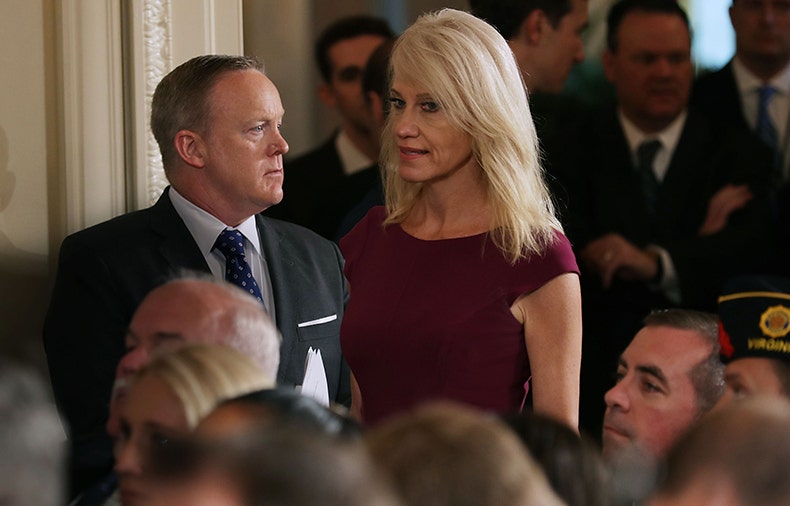As we hurtle forward into the future at what seems like an ever-increasing rate, our vocabulary and mental constructs have had to adapt and come along for the ride. But change is uncomfortable, and occasionally scary - particularly when one considers the very real need for an updated vocabulary to reckon with these singular times we’re living through. Thankfully, the institution of the Oxford English Dictionary is here to maintain order, to define the undefined and to spread the gift of good grammar into all of our lives.
Their 2016 word of the year, post-truth, was recently entered into the hallowed pages of the OED. Defined as ‘relating to or denoting circumstances in which objective facts are less influential in shaping political debate or public opinion than appeals to emotion and personal belief’, it could be more easily grasped perhaps by watching a speech by Trump or one of his advisors.
On the other side of the spectrum is ‘woke’. Originally the adjectival meaning of woke was simply to be awake. But by the mid-1900s, woke had been extended figuratively to refer to being well informed in a political or cultural sense, particularly amongst the African-American community.
In the past ten years that meaning has been catapulted into mainstream use with a particular emphasis on staying ‘woke’ to racial or social discrimination and injustice. The OED credits the resurgence to, of all people, musician Erykah Badu, whose song Master Teacher contains the refrain ‘I stay woke’. Childish Gambino, in his RnB hit Redbone, encourages listeners to similarly ‘stay woke’, this time against the likelihood of their partner cheating on them.
Interestingly, the OED also speculates that the newly prominent usage of woke is emblematic of the ways in which African-American culture and language are appropriated by populations who often don’t fully appreciate the full historical and cultural context. The OED points to the fact that the earliest citation for woke in the relevant sense comes from a 1962 New York Times article by William Melvin Kelley, an African-American novelist, who described how white beatniks were appropriating black slang even then. The title? ‘If you’re woke, you dig it’
It’s not all new words though - ‘thing’ has been given a new meaning after more than a thousand years of English usage. The new sense is defined as ‘a genuine or established phenomenon or practice’, and is generally used in questions conveying surprise like ‘is that even a thing?’ The earliest citation is apparently from the year 2000, in an episode of the The West Wing: ‘Did you know that “leaf peeping” was a thing?’ I didn’t, and still don’t.
Outside the stodgy tomes of the OED, a new Māori glossary has been released that not only translates many existing words, but has also created a range of new words in te reo Māori for use in the mental health, addiction and disability sectors.
Created over two years of consultation with practitioners, clinicians and kaupapa organisations, as well as those who have used their services, Te Reo Hāpai - The Language of Enrichment - includes over 200 Māori words, terms and whakataukī (proverbs).
Keri Opai, strategic lead for workplace development NGO Te Pou o te Whakaaro Nui, led the development of Te Reo Hāpai, and says the focus of Te Reo Hāpai was using language that was non-judgemental and based primarily on the strengths and abilities of people.
“I have a close friend who has autism,” says Mr Opai. “In my experience, people with autism tend to have their own timing, spacing, pacing and life-rhythm. That’s why I interpreted autism in te reo as ‘takiwātanga’ – ‘his or her own time and space’.”
‘Disabled’ has been translated into ‘whaikaha’ which means to have strength, to have ability, otherly abled, enabled. This word was created with the Māori disabled community, and has a deliberate emphasis on gaining strength and ability.
“He mana tō te kupu – words have the power to explain, express and define how we understand and experience the world. Te Reo Hāpai has been about creating language in te reo that includes a Māori worldview.”

